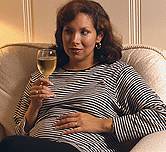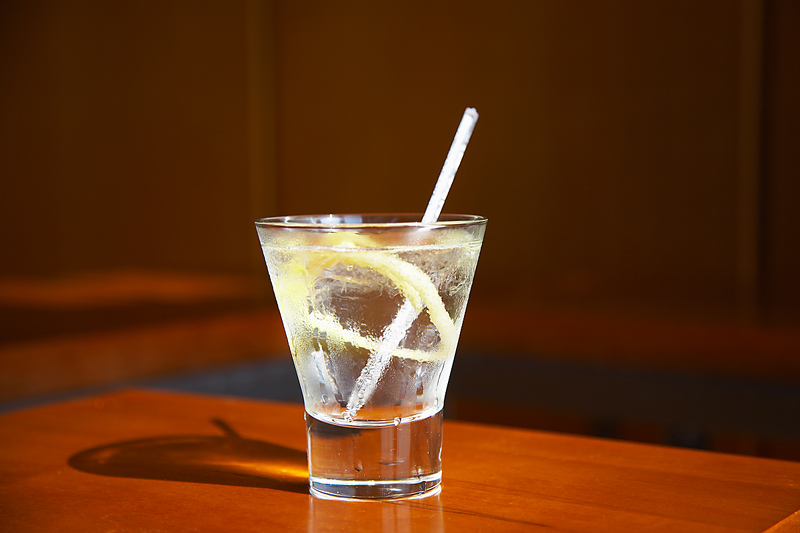
THURSDAY, Sept. 8 (HealthDay News) — Women who consume moderate amounts of alcohol in middle age are somewhat more likely than teetotalers to be in good physical and mental health in old age, new research finds.
The study doesn’t prove that moderate drinking will lead to better health compared to not drinking, since it’s possible that other factors could account for the difference. Also, the research doesn’t examine the long-term cost of drinking, say, wine instead of milk with dinner.
And study author Dr. Qi Sun doesn’t recommend that middle-aged women start drinking if they don’t already. Still, “if you are an otherwise healthy person, and you’re a long-term light-to-moderate drinker, this may have some benefits,” said Sun, an instructor in medicine at Harvard School of Public Health.
Scientists have found evidence that moderate drinking can benefit health, particularly in terms of heart disease, stroke and brain function, Sun said. It’s not clear exactly how alcohol benefits health, but Sun said it may have something to do with how alcohol reduces inflammation in the body.
In the new study, published in the September issue of PLoS Medicine , Sun and colleagues examined the medical records of 13,894 nurses who were middle-aged in the 1980s (median age was 58) and lived to be at least 70. The health of the women was updated through the decades, and the study excluded heavy drinkers or those with possible alcohol problems.
The researchers then focused on 1,491 women (11 percent) who had aged successfully, meaning they didn’t suffer from chronic diseases such as diabetes or report physical or mental limitations in old age. They compared them to the other women and tried to determine whether those who drank in midlife — they tended to drink wine — did any better health-wise.
Of those who had no major health problems in old age, only 22 percent were non-drinkers. Sixty-two percent drank about one drink a day (15 grams of alcohol); nearly 10 percent drank one to two drinks daily, and 3 percent downed two to three drinks a day.
After adjusting their statistics so they wouldn’t be thrown off by factors such as the women’s ages and whether they smoked, the researchers found that the healthiest women in old age were more likely to have been drinkers in midlife. Sun estimated that the moderate drinkers were about 20 percent more likely to be healthy later in life.
And routinely drinking light to moderate amounts of alcohol appeared to have more benefit than drinking only occasionally, the researchers said.
As for men, the study authors write that there’s sparse research into the effect of midlife drinking on their health later in life.
David Melzer, a professor of epidemiology and public health at Peninsula Medical School in the United Kingdom, said people should be cautious about drinking too much. According to him, more than two drinks a day for women or three for men is bad for a person’s health. And people should remember that those are “old-fashioned” sized drinks, not “supersized,” he said.
He adds that the study limits itself to women who were in good shape in middle age. “The small possible benefit of alcohol may be outweighed in people with disease,” he said, “and especially in those on many sorts of medication that can interact with alcohol.”
More information
For more on alcohol use, visit the U.S. National Library of Medicine.

